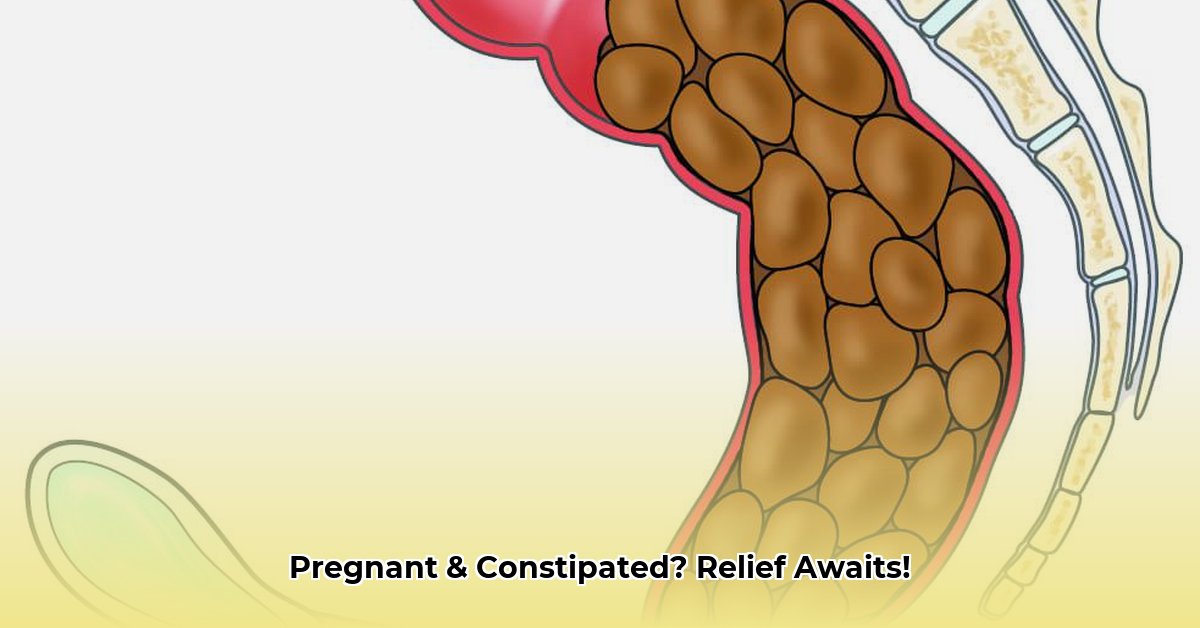
Understanding Pregnancy Constipation
Is jy kwaad moeg vir hardlye maag? Pregnancy constipation is baie common, and it's completely understandable that you're feeling uncomfortable. Hormonal changes, increased pressure on your intestines from your growing baby, and iron supplements can all contribute to this frustrating problem. But don't worry – there are safe and effective ways to get things moving again. This guide will provide practical advice and solutions to help you feel better, fast.
Lifestyle Changes for Relief
Your lifestyle plays a massive role in how well your digestive system functions. Let's get those bowels moving!
Dietary Adjustments: Eat Your Way to Relief
Fibre is your new best friend! Aim for at least 25-30 grams of fibre a day. Where do you find it? Think:
- Fruits: Apples, pears, prunes (especially!), berries – lekker and gesond!
- Vegetables: Broccoli, spinach, sweet potatoes – load up your plate!
- Whole grains: Oatmeal, brown rice, wholewheat bread – choose the wholemeal options.
- Legumes: Lentils, beans, chickpeas – packed with fibre and protein.
Alongside fibre, hydration is key. Dehydration slows down your digestive system. Aim for about 8-12 glasses of water daily. Sip regularly throughout the day, instead of gulping large amounts at a time. Listen to your body; you might need more or less depending on your activity level and the climate.
Limit processed foods, sugary treats, and red meat – these can make constipation worse. Think of it as cleaning up the "highway" for your digestion.
Gentle Exercise: Move Your Body, Move Your Bowels
Gentle exercise can get things moving. Always chat to your doctor or midwife before starting any new routine. Here are some ideas:
- Walking: A perfect, low-impact activity for all trimesters.
- Prenatal yoga: Specific poses can gently stimulate your bowels.
- Swimming: The buoyancy of the water supports your body and promotes relaxation.
Remember to listen to your body and don't push yourself too hard, especially in later stages of pregnancy. Your comfort is paramount.
Medical Interventions: When to Seek Professional Help
While lifestyle changes often work wonders, sometimes you need extra help. See your doctor or midwife immediately if:
- Constipation lasts more than a couple of weeks.
- You experience severe pain, bleeding, or any unusual symptoms.
They might suggest gentle stool softeners or other treatments. Never take any medication, including laxatives, without consulting your healthcare provider.
Risk Assessment: Weighing the Pros and Cons
Let's look at the potential benefits and risks associated with different approaches:
| Intervention | Benefits | Potential Downsides |
|---|---|---|
| Increased Fiber Intake | Softer, more regular stools; improved gut health | Increased gas or bloating; potential for discomfort |
| Increased Hydration | Softer stools; improved overall health | More frequent toilet trips |
| Gentle Exercise | Stimulates bowel movement; improves mood and energy | Potential for discomfort if overdone; consult a professional |
| Stool Softeners | Provides temporary relief from constipation | Might cause dependence if used long-term; may lead to dehydration or electrolyte imbalance (only use as instructed by a healthcare professional) |
Remember, every pregnancy is unique.
Trimester-Specific Considerations
Your body changes throughout your pregnancy, so adapt your approach accordingly:
- First Trimester: Focus on increasing fibre and hydration.
- Second Trimester: Incorporate gentle exercise, listening to your body's cues carefully.
- Third Trimester: Continue gentle exercise, but adjust your routine; some exercises might become more difficult.
When to Call Your Doctor
Contact your doctor or midwife if you experience any of the following:
- Severe abdominal pain
- Bleeding from your rectum
- Persistent constipation despite trying lifestyle changes
- Significant changes in your bowel habits
Conclusion: Safe and Gentle Relief is Possible
Pregnancy constipation is common, but manageable. By making simple lifestyle changes, staying hydrated, and communicating openly with your healthcare provider, you can find relief and enjoy a more comfortable pregnancy. Remember, your well-being is paramount. Don't hesitate to seek professional help if you need it.